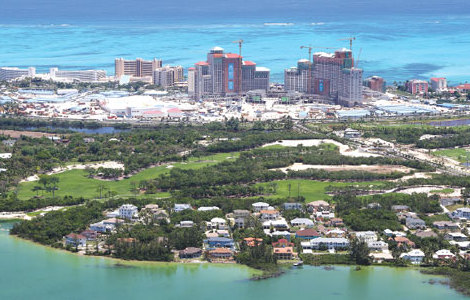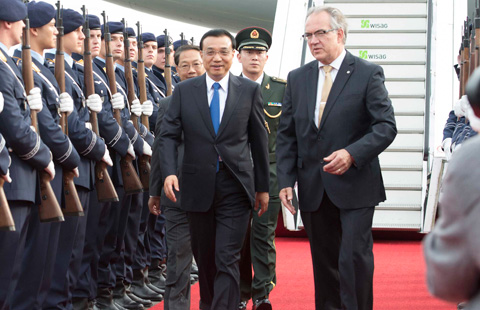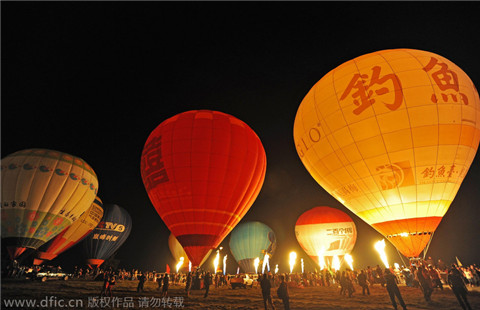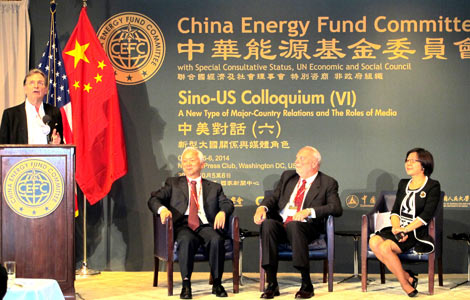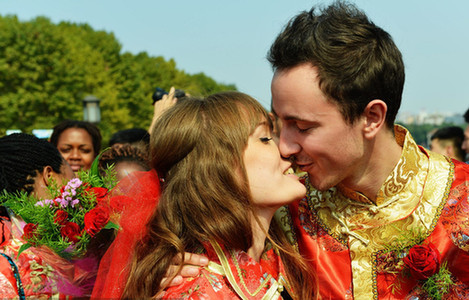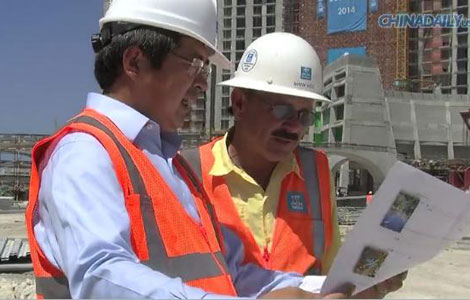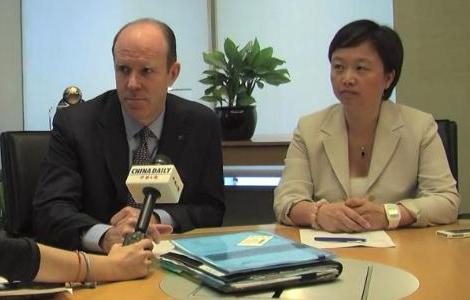A lifetime understanding China politics
Updated: 2014-09-19 12:12
By Chen Weihua in Washington(China Daily USA)
|
||||||||
conservative
When he finished his PhD in 1966 and went to teach at the University of Michigan, he found everyone there was very excited about China "because our society was in turmoil because of the Vietnam War and because of the civil rights movement", he said.
Lots of students wanted to know how Mao made revolution. So Solomon had big classes and lots of students who wanted to know about the Chinese revolution.
While many US campuses were also in turmoil at that time, Solomon described himself as "neutral" trying to understand Chinese politics from the point view of a political scientist. "But politically, you will have to say that I was conservative," he said.
He joked that Kissinger actually had people investigate him before hiring him and found out that he was basically a conservative, not a political activist.
As the first generation of China specialist after the McCarthyism of the 1950s when many China hands in the US were brutally persecuted, Solomon admitted that he was aware at that time there was a certain risk because China was still a very sensitive topic in US politics. But he said he was not really scared.
When Solomon was first invited to join Kissinger's team, the arrangement was just for one year. But Kissinger clearly appreciated Solomon's work and invited him to stay on.
At that point, Solomon had to give up his academic work at the University of Michigan and ended up working for Kissinger and Brent Scowcroft, the National Security Advisor for President Gerald Ford, up until 1976.
Engaging China
Joining the Rand Corporation as head of its political science department in the same year, Solomon continued to develop a relationship with his Chinese counterpart. He recalled that at the end of 1979 when Defense Secretary Harold Brown arranged to have someone from China learn what a think tank was.
Solomon also served on the editorial board of the Chinese language edition of the Encyclopedia Britannica in the early 1980s.
"We had a terrible meeting in summer of 1982 in Harbin, it was very hot, no air conditioning at that time," he recalled.
But he was excited that with Chinese leader Deng Xiaoping's sanction, the Chinese carried a neutral policy in translation, when encountering sensitive figures such as Joseph Stalin.
To Solomon, China-US relations have gone through phases. China was an enemy and adversary in the 1950s and 1960s.
"People were all worried that we would have another war with China, like the one in Korea. That all changed when Nixon made the opening with Chairman Mao," he said.
He said for China specialists like himself, the normalization of relations with China was a world-changing event.
"It changed the dynamic of the Cold War," he said.
When Deng Xiaoping initiated the reform and opening in the late 1970s, Solomon said "we started working very closely with Chinese intellectuals and foreign policy specialists."
He agreed with Stapleton Roy, former US ambassador to China, when the latter described the 1980s as the golden period in US-China relations.
"Our relationship with China is ambiguous today. It's contradictory," he said, referring to the cooperative and confrontational factors in the relations.
chenweihua@chinadailyusa.com
Most Viewed
Editor's Picks

|

|

|

|

|

|
Today's Top News
Premier pushes innovation on German visit
Beijing to keep the lid on air pollution for APEC
Li arrives in Germany, first leg of Europe trip
China's economy surpasses US
IMF: Shadow banking filling gaps
China's status prominent at 'Big Four' firm Ernst & Young
US Ebola patient dies
China's role grows in Gates Foundation tech push
US Weekly

|

|
